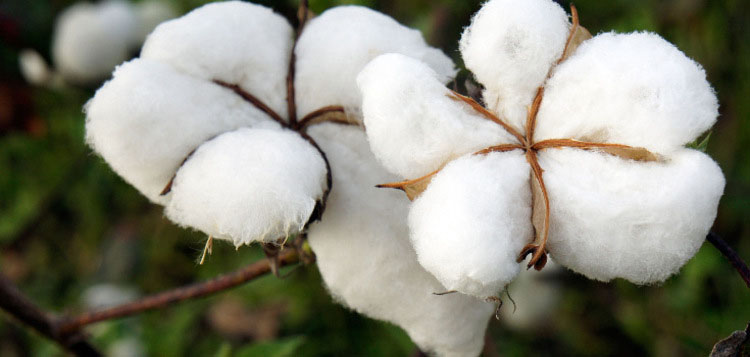Business Reporter
There are fears that Government might not recover its $42 million investment in the cotton sector amid revelations that a farmer’s data base at buying points was manipulated to give private cotton buyers access to the crop contracted by the State through The Cotton Company of Zimbabwe.Investigations by The Herald Business have revealed that the data base, which the Agricultural Marketing Authority officers use at buying points is seriously flawed and has become the biggest channel for side marketing. This year’s cotton marketing season began two weeks ago.
Some of the flaws discovered include multiple registration of farmers by different contractors with AMA issuing licenses for the purchase of 380 000 tonnes when initial indications show deliveries would be in the range of 100 000 tonnes to 125 000 tonnes.
Last year, AMA, which is charged to ensure orderly marketing of the crop, issued licences to buy 492 000 tonnes. The data base only shows the identity of the farmer and does not show the hectarage supported neither does it provide a limit on the tonnage a farmer can deliver. This creates a leeway for farmers contracted by private companies to sell on behalf of growers contracted by the Government. While Cottco has been issued with a licence to buy 80 percent of the crop, the situation on the ground is completely different.
Visits to most buying points in Gokwe recently showed that while Cottco contracted most of the farmers, an average of 12 percent of their farmers appear on the data base. Cottco is paying 55c for grade A, 50c for grade b, 45c for grade C and 40c for grade D. This is over and above 18c per kilogramme invested through the input subsidy. The farmers are also entitled to a 5 percent export incentive to be paid by the Reserve Bank of Zimbabwe.
However, most private players are taking advantage of having not invested much into production and are paying 5c higher for each grade to entice farmers into side marketing.
Cotton Producers and Marketers Association of Zimbabwe chairman Mr Stewart Mubonderi has since called on Government to suspend buying of cotton by private players.
“What we have established is shocking,” he said.
“The data base is in shambles and we feel it is criminal and a proper investigation should be conducted. As farmers, we feel that it is not a mistake but a deliberate move by AMA to promote side marketing.
“This situation is not only here in Gokwe but even in Chiredzi and Muzarabani. We urgently call upon the Government to suspend the purchasing of cotton by private players to allow probe of irregularities. As farmers we are not happy at all said,” Mr Mubonderi.
He said the current financing model had failed and suggested that the industry reverts to a state monopoly. AMA production planning director Mr Maxwell Chikanda, who was part of the fact finding delegation, which included officials from the President’s Office, traditional leaders and security personnel refused to comment.
Earlier, he had indicated that the issues raised had not been brought before their attention.“I think the emotions are high and I cannot comment at the moment,” said Mr Chikanda.
Mr Chikanda and officials from AREX have been conducting field days in Gokwe where he is alleged to have given farmers the green light to sell their crop to buyers of their choice.
Chief Goredema of Gokwe said: “What AMA is doing is purely sabotage. We are surprised that AMA’s database is showing so many farmers said to be contracted by private buyers yet we didn’t see them during distribution of inputs. What is even more shocking is that farmers under Cottco are fewer than those contracted by private players.
“We need an explanation and we need to see the Minister (of Agriculture) taking action,” added chief Goredema.
Several farmers interviewed were equally shocked to see their names registered under private companies when they received all inputs under the Presidential Input Scheme.
“We received cotton inputs under the Presidential programme not from ETG and Alliance. But I am surprised that I am also registered as the Alliance and ETG farmer,” said one farmer.
“And (at the buying points) we are told to sell the crop to all companies.” Another farmer said he was last contracted by Grafax in 2014, but her name was appearing on this year’s data base.
“These companies exploited us for a very long time and since 2014, I had stopped growing cotton. I only resumed last year, attracted by the Government programme, which I really feel is there to support revival of the industry. Now my name is appearing under Grafax. Why? I never got inputs from them. What is more confusing is that AMA is telling us that we should equally sell my crop to Grafax and Cottco.”
No comment could be obtained from Agricultural Minister Dr Joseph Made by the time of going to print yesterday.

